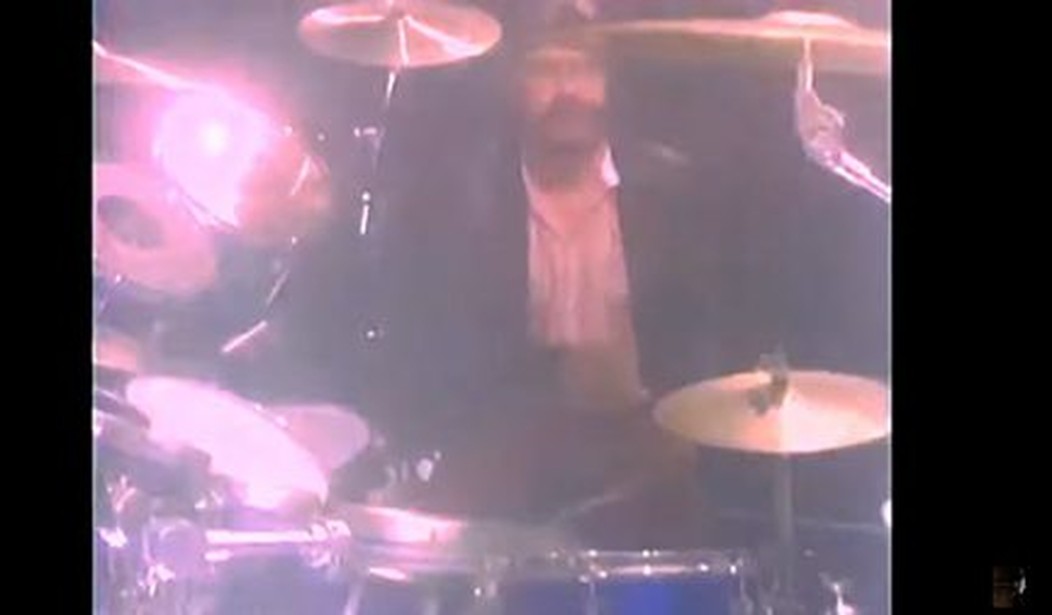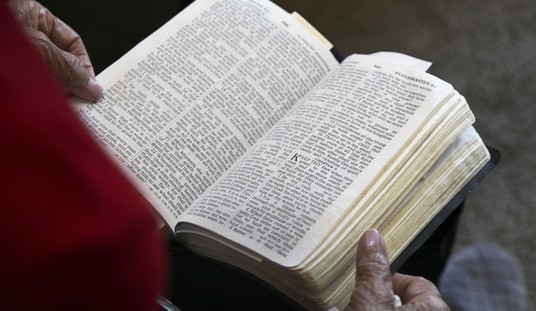Graeme Edge, who manned the drums for English progressive rockers The Moody Blues for fifty years, died today from an as-yet-undisclosed cause. Edge was 80.
Edge joined The Moody Blues at the band’s formation in 1964. The Moody Blues’ first incarnation was a blues and ’60s British pop outfit nominally led by guitarist Denny Laine. This version of the group reached the U.S. Top Ten in 1964 with “Go Now.” Subsequent efforts at a follow-up hit failed to click, and in 1966 Laine left the group. He would re-emerge several years later as the guitarist in Wings.
The three remaining members — Edge, keyboardist Mike Pinder, and vocalist/flutist Ray Thomas — recruited old friend John Lodge to play bass. Guitarist Justin Hayward came on board after being recommended to Pinder by The Animals lead singer Eric Burdon. The new lineup moved away from the original lineup’s sound, adding melodic psychedelic touches via Pinder’s increasing use of the Mellotron and emphasizing Thomas’ flute playing. The band’s big break came in 1967 when their record label asked them to record a rock version of Antonín Dvořák’s New World Symphony as a means of showing off the label’s freshly developed recording technology. Namely, stereo. The Moody Blues took a stab at it, then convinced the label to let them record an album of original material where the arrangements would lean heavily on orchestrated passages played by studio musicians under the pseudonym London Festival Orchestra. The result was 1967’s Days of Future Passed, which contained Hayward’s “Tuesday Afternoon (Forever Afternoon)” and “Nights In White Satin.” Neither of the songs nor the album were an immediate hit, but they drew sufficient public attention to get the ball rolling.
In addition to playing drums, Edge usually contributed one or more spoken word pieces on each Moody Blues album, occasionally narrated by him but usually read by Pinder. He also started writing lyrics, as heard in “After You Came” from 1971’s Every Good Boy Deserves Favor. The band piled up the hits through 1972’s Seventh Sojourn. After a lengthy tour running into 1974 promoting the album, the five members agreed to take a break. All parties involved released solo albums. Hayward and Lodge also did an album together. For his part, Edge recorded two albums with guitarist Adrian Gurvitz.
The band reunited in 1977, releasing Octave in 1978, which included Pinder despite his leaving the band during recording. Undaunted, with new keyboardist Patrick Moraz along for the ride, the band embarked on a hugely successful run throughout most of the ’80s. However, in retrospect, the band might as well have called itself Justin Hayward and Friends as Hayward was writing most of the hits. Eventually, Moraz was dismissed, and the band became less relevant as a creator of fresh material, although it continued to tour for the faithful regularly. Thomas retired from the group in 2002; he passed away from cancer in 2018, shortly before the band was inducted into the Rock and Roll Hall of Fame. The previous year, Edge announced at the end of a tour marking the fiftieth anniversary of Days of Future Passed that he was retiring. Hayward and Lodge subsequently decided to shutter the band.
The Moody Blues were never critical darlings; quite the opposite. They infuriated the critics by showing how little they mattered in shaping public opinion, as for decades, crowds flocked to concerts despite the band’s minimal showmanship. It was the music that mattered, music touching on light classical themes within an unfailingly melodic rock context, all laced together with a lyrical bent rooted in a very ’60s search for answers to life’s mysteries. The Moody Blues earned the title given them by a writer, one which Thomas wove into a song on 1981’s Long Distance Voyager: veteran cosmic rockers.
Godspeed, Graeme Edge.














Join the conversation as a VIP Member